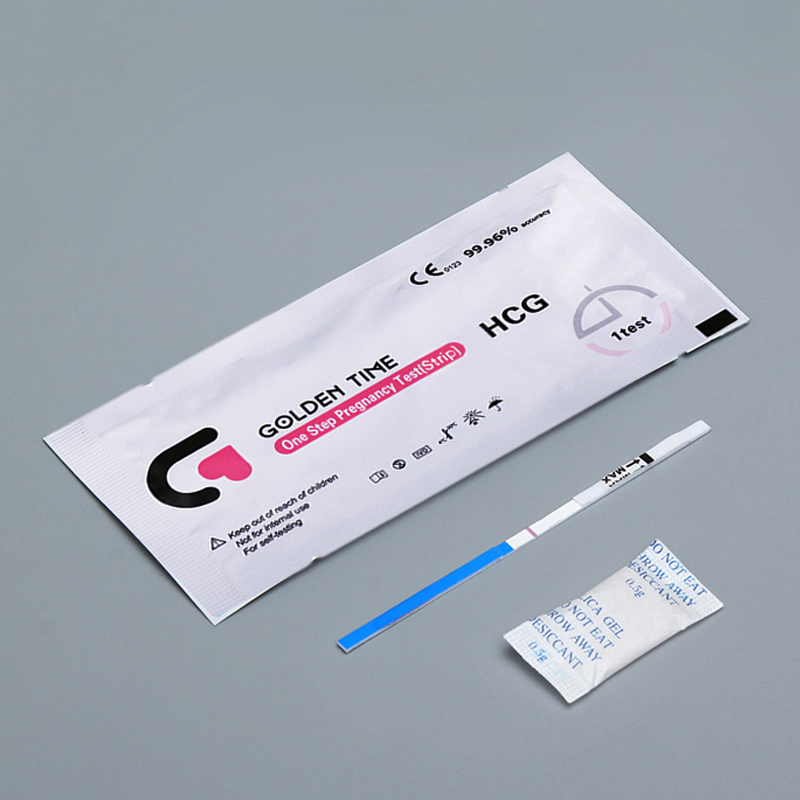Jan . 01, 2025 12:42 Back to list
Hepatitis C Quick Test Kit Production and Manufacturers Overview
The Importance of Hepatitis C Rapid Test Kits Manufacturer Insights
Hepatitis C is a viral infection that primarily affects the liver, leading to serious health complications like cirrhosis, liver cancer, and even death if left untreated. With an estimated 71 million people worldwide living with chronic Hepatitis C, the need for effective screening and testing has never been more critical. This is where Hepatitis C rapid test kits come into play, providing a quick and efficient way to diagnose the virus. In this article, we will explore the significance of these rapid test kits and the role of manufacturers in ensuring their availability and effectiveness.
Understanding Hepatitis C Rapid Test Kits
Hepatitis C rapid test kits are diagnostic tools designed to detect the presence of antibodies to the Hepatitis C virus (HCV) in a person's blood. These tests are particularly valuable because they can provide results within minutes, compared to traditional laboratory tests that may take days or weeks. The rapid nature of these tests makes them essential for immediate diagnosis and subsequent treatment.
The kits usually involve a simple fingerstick blood test and can be administered in various settings, including clinics, pharmacies, and even at home. The ease of use and quick turnaround time are pivotal, especially in regions where access to healthcare facilities is limited.
Advantages of Rapid Testing
Rapid Hepatitis C tests offer several advantages. Firstly, they can significantly reduce the time between testing and diagnosis, which is crucial for effective treatment. Early detection allows patients to start antiviral therapy sooner, leading to better health outcomes.
Moreover, the convenience of rapid testing can help increase the overall rate of screening. Many individuals may hesitate to undergo traditional testing due to fear of needles or the long waiting period for results. Rapid test kits can mitigate these concerns, promoting more widespread screening in communities.
The Role of Manufacturers
The manufacturer of Hepatitis C rapid test kits plays a crucial role in the overall efficacy and reliability of these tests. The development process involves rigorous research and testing to ensure that the kits provide accurate and consistent results. Manufacturers must adhere to strict regulatory guidelines set by health authorities, which vary from region to region.
hepatitis c rapid test kit manufacturer

Leading manufacturers invest in state-of-the-art technology and continual innovation to improve their rapid test kits. This includes enhancing sensitivity and specificity, which are critical parameters in determining the reliability of the tests. Advanced designs can also include features that allow for easier interpretation of results, thus minimizing the chances of user error.
Quality Assurance and Compliance
One of the key responsibilities of manufacturers is to implement quality assurance protocols. This involves conducting clinical trials to validate the performance of the test kits in various populations. Consistently producing high-quality kits not only builds trust with healthcare providers but also contributes to better public health outcomes.
Manufacturers must also ensure compliance with international standards, such as ISO certification and FDA approval for those operating in the United States. These certifications assure healthcare professionals and patients of the test kits’ quality and reliability.
Market Trends and Future Perspectives
As awareness and understanding of Hepatitis C grow, the demand for rapid testing is on the rise. Manufacturers are expanding their product lines and exploring new markets to meet this growing need. Collaboration with governments, NGOs, and healthcare organizations is becoming increasingly common to facilitate broader access to rapid testing.
Furthermore, advancements in technology, such as the integration of digital health solutions, are expected to enhance the functionality of rapid test kits. Innovations like smartphone applications that interpret test results could bridge the gap between testing and medical consultation, enhancing patient care.
Conclusion
Hepatitis C rapid test kits are a crucial tool in the fight against this viral infection. Their ability to provide fast results can lead to timely diagnosis and treatment, ultimately saving lives. Manufacturers play an essential role in developing high-quality, reliable test kits that meet regulatory standards and public health needs. As the demand for rapid testing continues to grow, ongoing innovation and collaboration in this sector will be vital in combating Hepatitis C worldwide.
-
China Nylon Flocking Swabs - AI Enhanced Quality Collectors
NewsAug.03,2025
-
Highly Accurate hCG Pregnancy Test Strips - 5 Min Results
NewsAug.02,2025
-
Premium Empty ABS Plastic Cassettes: Durable & Lightweight Storage
NewsAug.01,2025
-
Accurate Cocaine (Coc) Rapid Test Kit | Fast & Reliable Detection
NewsJul.31,2025
-
Accurate HCG Pregnancy Test Strips | Fast Home Use Kit
NewsJul.31,2025
-
Reliable Early Pregnancy Test Kit Supplier - Multi Plastic Cassette Options
NewsJul.30,2025

